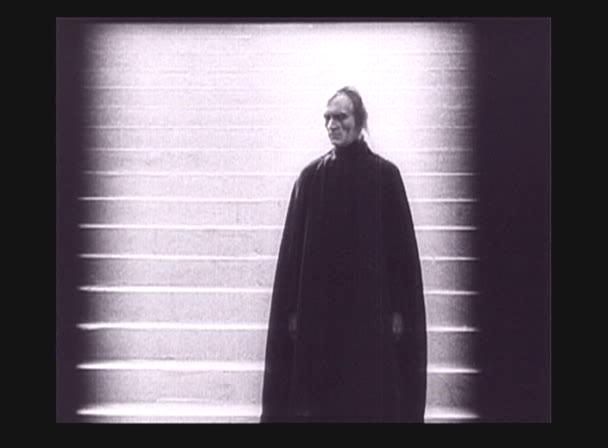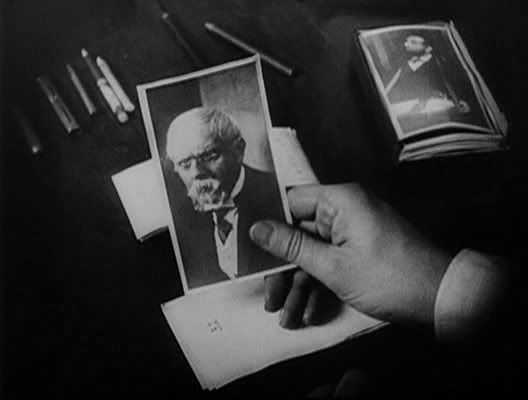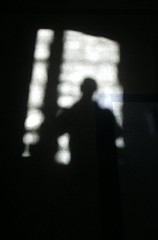Et in Arcadia Ego, ctnd.
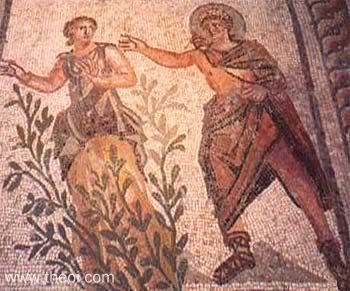

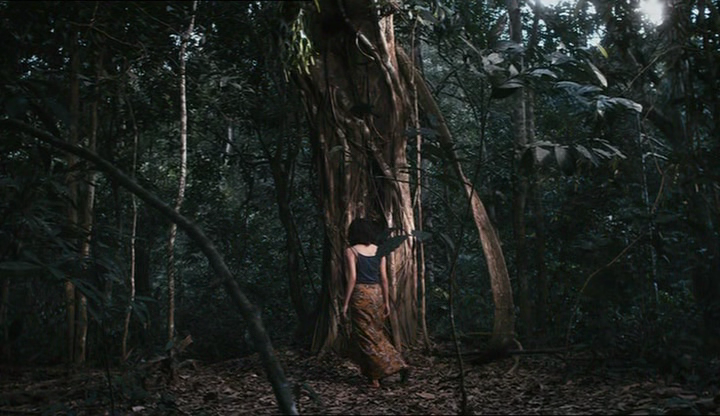

Pseudo-Hyginus, Fabulae 203 (trans. Grant) (Roman mythographer C2nd A.D.) :"When Apollo was pursuing the virgin Daphne, daughter of the river Peneus, she begged for protection from Terra [Gaia], who received her, and changed her into a laurel tree. Apollo broke a branch from it and placed it on his head."
Source: link
If Daphne is suffering a transformation so too is the god. We see in the expression of his eyes - how well the painter has capture it!- the desperation and dawning anguish of one about to experience loss, not only of this ravishing girl who is the object of his desire but along with her an essential quality of selfhood, of what up to this he believed was and now knows he will not be again. His sinewed hand that reaches out to grasp his quarry will never find its hold. Already Daphne is becoming leaf and branch; when we look closely we see the patches of bark already appearing through her skin, her slender fingers turning to twigs, her green eyes blossoming.
J. Banville, "Pursuit of Daphne, ca. 1680, Johann Livelb (1633-1697)", in: Athena, p.18







